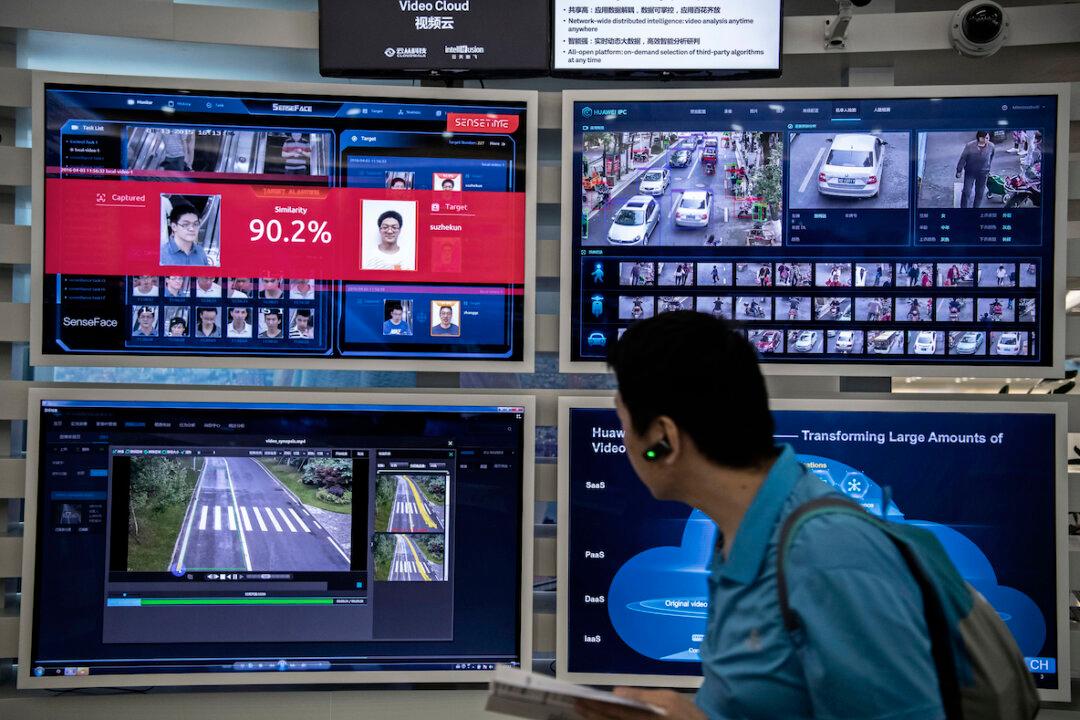A Chinese man used his ex-girlfriend’s phone while she was asleep and bypassed facial recognition by lifting up her eyelids, successfully stealing money from her Alipay account.
The identity theft case has stunned Chinese people and topped search charts of Weibo, China’s Twitter, on Dec. 12 with 490 million views.





